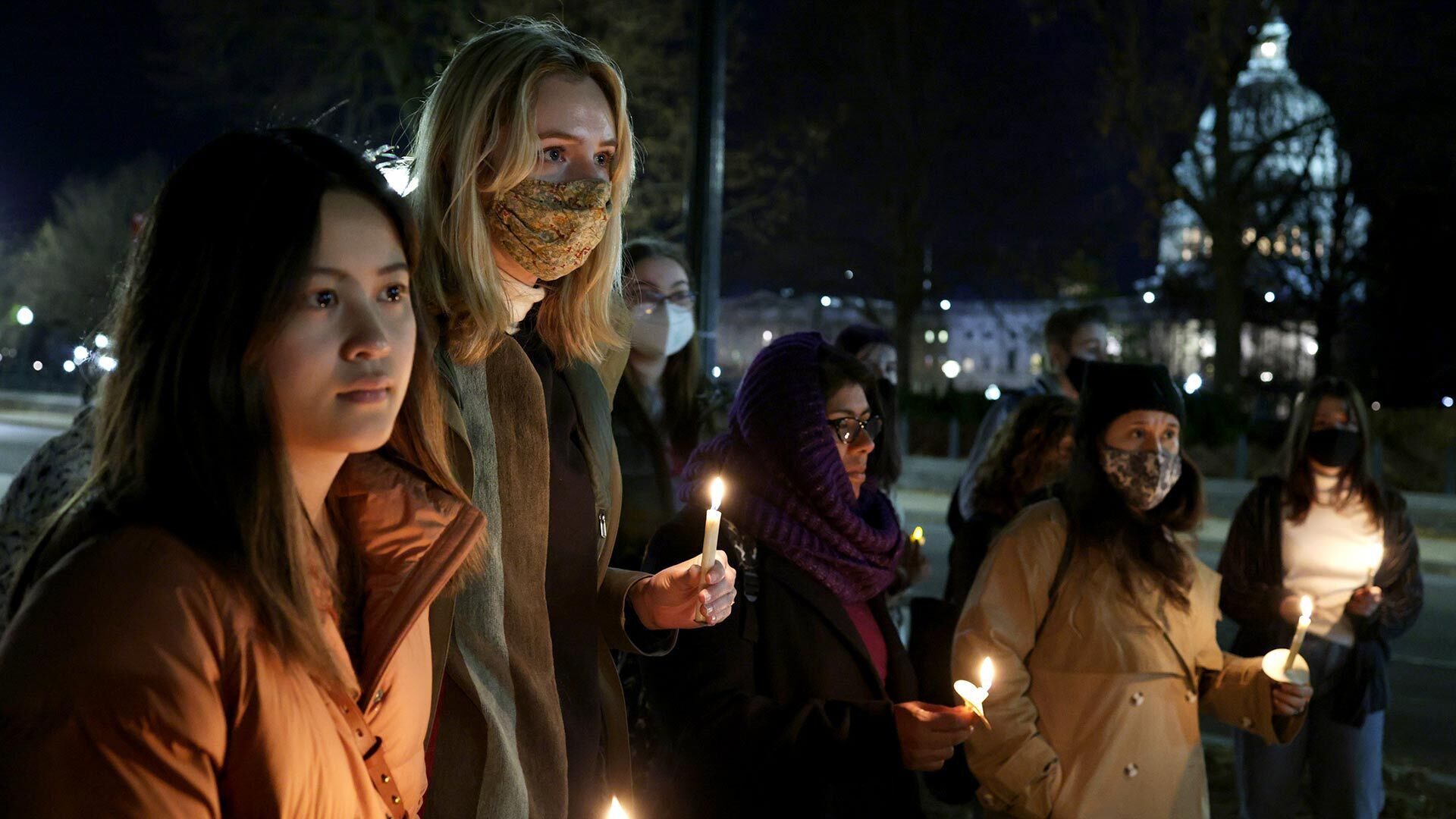- December 20, 2021
- By David Karol
From slavery to prohibition, the principle of federalism and state-level laws and actions could not bring solutions to the United States’ greatest moral controversies, writes David Karol, associate professor of government and politics.
In an essay published today by The Washington Post as part of its “Made by History” blog, Karol argues that if the Supreme Court overturns Roe v. Wade in the coming months and returns the question of abortion to the states, it won’t remove the question from the arena of national politics.
The Supreme Court may overturn the Roe v. Wade and Planned Parenthood v. Casey decisions, which underpin the constitutional right to an abortion under certain circumstances, in Dobbs v. Jackson Women’s Health Organization. Some commentators have suggested that doing so will remove the abortion issue from national politics by “sending it back to the states.” They speculate on how the Democratic and Republican parties’ fortunes will change once abortion is no longer part of the national discussion. Yet while we don’t know how the court will rule in Dobbs, there is no reason to believe that overturning Roe and Casey would reduce the salience of abortion in national politics. In fact, history suggests that the opposite is true.
The great moral debates of the past were not settled simply by “returning issues to the states.” Federalism is seldom a satisfying answer for advocates of moral causes, both because such issues invariably spill over state lines and because compromise is morally unsatisfying. The history of the abortion rights fight and earlier moral controversies suggests this issue will not fade away any time soon.
Read the rest in The Washington Post.
Topics
Research